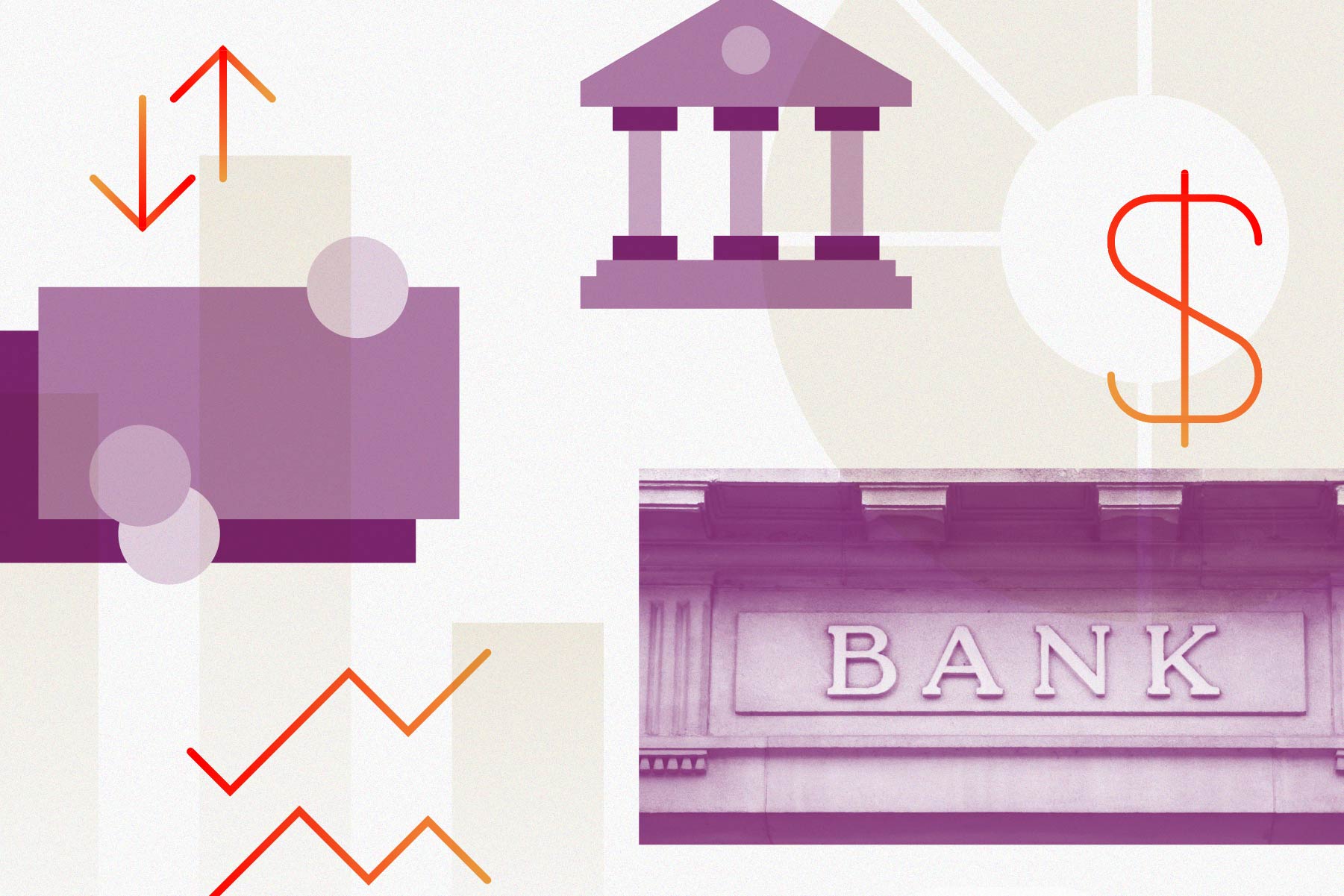Ally Financial Stock Undervalued, Though 2023 Will Be Challenging
Initiating coverage of Ally with a fair value estimate of $39 per share.

Ally Stock at a Glance
- Fair Value Estimate: $39
- Morningstar Rating: 4 stars
- Morningstar Uncertainty Rating: High
- Morningstar Economic Moat Rating: None
Launching Coverage of Ally Financial
We are initiating coverage of Ally Financial ALLY with a fair value estimate of $39 per share and assign the bank no moat, a High Uncertainty Rating, and a Standard capital allocation rating. We see the shares as materially undervalued at the current price, though we caution investors that 2023 will likely be a challenging year for Ally as it faces higher credit costs and lower origination volume. That said, on a full-cycle basis, we believe the business is on a better footing than it was prior to 2020, and we expect higher returns once the current credit cycle has passed.
As the largest indirect auto lender in the United States, Ally’s results in recent years have benefited from low credit losses as multiple rounds of fiscal stimulus left consumers in a strong financial position. This was particularly pronounced in 2021 as a dramatic increase in used-car prices supported the value of the collateral behind the bank’s loans.
However, this cyclically enhanced profitability has come to an end as a weaker economy pressures both consumers and vehicle prices. We do expect credit costs to continue to rise and be elevated in 2023 and 2024, acting as a headwind to Ally’s profits. That said, the firm has already responded by tightening underwriting standards, which should help mitigate the worst of the problem.
In the medium and long term, Ally’s net interest margin and profitability will benefit from a much-improved funding structure and better loan mix. Like other digital-only banks, Ally has seen strong deposit inflows, and it is now 88% funded with deposits (up from 66% in 2018), while its more expensive certificates of deposit now make up a smaller portion of its total deposit base. Over the same time, Ally’s higher-margin consumer loans have increased from 57% of its total loan book to just under 67%. This has caused Ally’s net interest margin to expand materially since the pandemic—an improvement we expect the bank to maintain in the long term.
The author or authors do not own shares in any securities mentioned in this article. Find out about Morningstar’s editorial policies.


/d10o6nnig0wrdw.cloudfront.net/05-22-2024/t_5149c138d4cf43a79de97f899e7ecd1a_name_file_960x540_1600_v4_.jpg)
/cloudfront-us-east-1.images.arcpublishing.com/morningstar/D2LN64PPEJFUFPSWUNYVGCCDLA.png)
/cloudfront-us-east-1.images.arcpublishing.com/morningstar/G72FVQEVDVFALKWGMBYTU7K2RE.jpg)